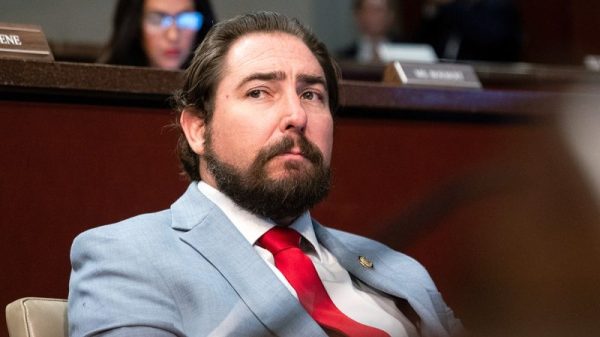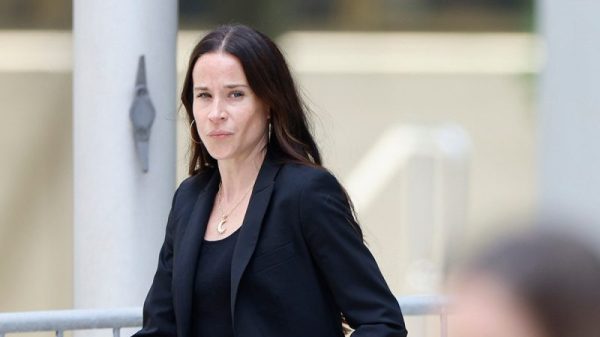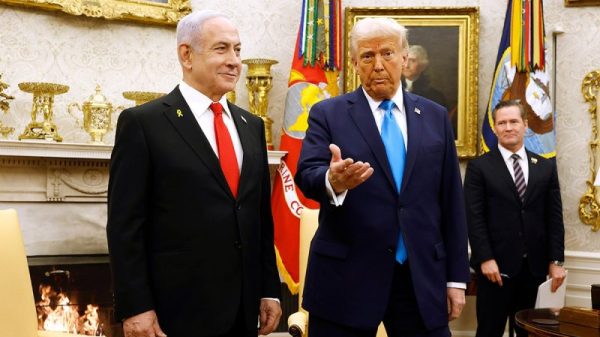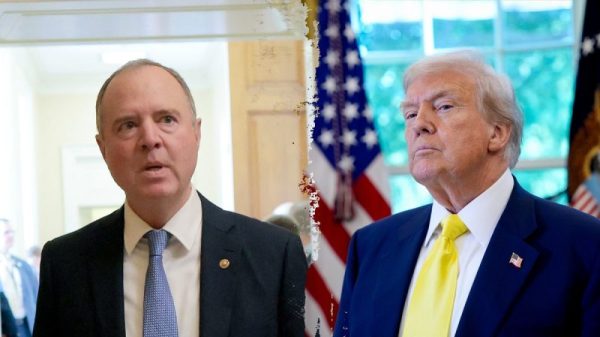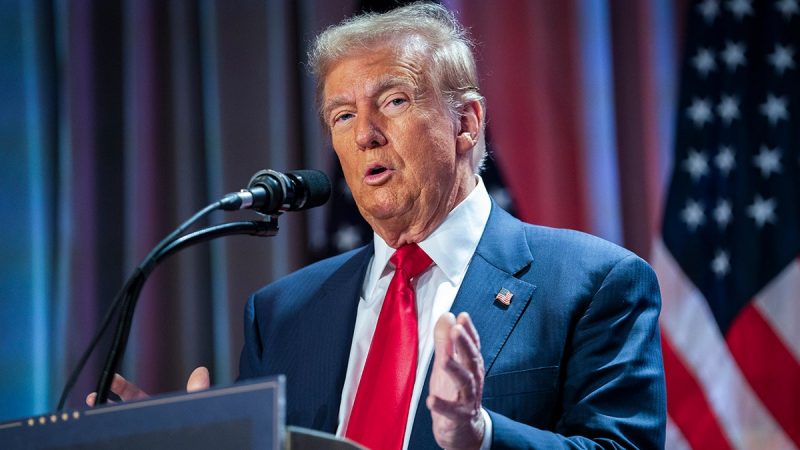In recent years, the political landscape in Latin America has experienced a profound transformation, particularly due to the rise of conservative governments across the region. The election of Donald Trump in the United States has played a significant role in boosting conservative movements in Latin America, sending a clear message to dictators and authoritarian regimes that there will be consequences for their actions.
The Trump administration’s policies and rhetoric have emboldened conservative forces in Latin America, who see in him a strong ally and a model to follow. Countries like Brazil, under the leadership of Jair Bolsonaro, have embraced a similar brand of right-wing populism, promoting nationalist and anti-establishment agendas.
One of the most striking effects of Trump’s victory has been the shift towards more confrontational and assertive foreign policies in the region. Leaders like Bolsonaro and Colombia’s Ivan Duque have taken a hard line against Venezuela’s socialist regime, aligning themselves with the U.S. in efforts to oust President Nicolas Maduro from power.
Furthermore, the Trump administration’s tough stance on immigration has resonated with many conservative leaders in Latin America, who have adopted similar policies to crack down on illegal immigration and tighten border security. This has led to increased cooperation between the U.S. and countries in the region to address common concerns regarding migration flows.
The rise of conservative governments in Latin America has also brought economic changes, with many leaders implementing pro-business reforms and promoting free-market policies. This shift towards neoliberalism has received mixed reactions, with critics arguing that it exacerbates social inequality and undermines workers’ rights.
In addition to the political and economic implications, Trump’s victory has had a cultural impact on Latin America, with the spread of right-wing ideologies and nationalist sentiments. This trend has sparked debates about the role of the state, individual liberties, and the idea of national identity in a globalized world.
As conservative movements gain momentum in Latin America, there is a growing sense of polarization and division within society. The clash between different political ideologies has led to increasing social unrest and conflicts, raising concerns about the future of democratic governance in the region.
In conclusion, the election of Donald Trump in the United States has had far-reaching repercussions in Latin America, fueling the rise of conservative governments and movements across the region. This shift towards right-wing politics has not only impacted foreign relations and economic policies but also triggered social and cultural changes that are reshaping the political landscape in Latin America. It remains to be seen how these developments will evolve in the coming years and what implications they will have for the region as a whole.





















